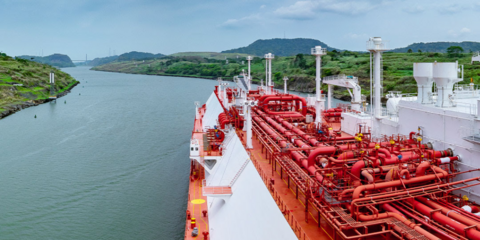
Pooling of vessels has been introduced as a new mechanism to achieve compliance with the FuelEU Maritime regulation and is under discussion at the IMO. What are the options, and which factors influence possible pooling arrangements?
A case study in DNV’s latest Maritime Forecast to 2050 investigates the potential of pooling mechanisms to comply with GHG fuel intensity requirements. It looks at the economic benefits of having over-compliant vessels as well as the consequences of non-compliance. With an updated version of DNV’s GHG Pathway Model, the report also investigates under which conditions the uptake of certain fuel types, including e-methanol, biofuels, and hydrogen, could accelerate and how the cost of transport will increase towards 2050.
Read our new article summarizing the key findings of the different modelling.
Best regards,
DNV





